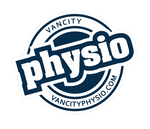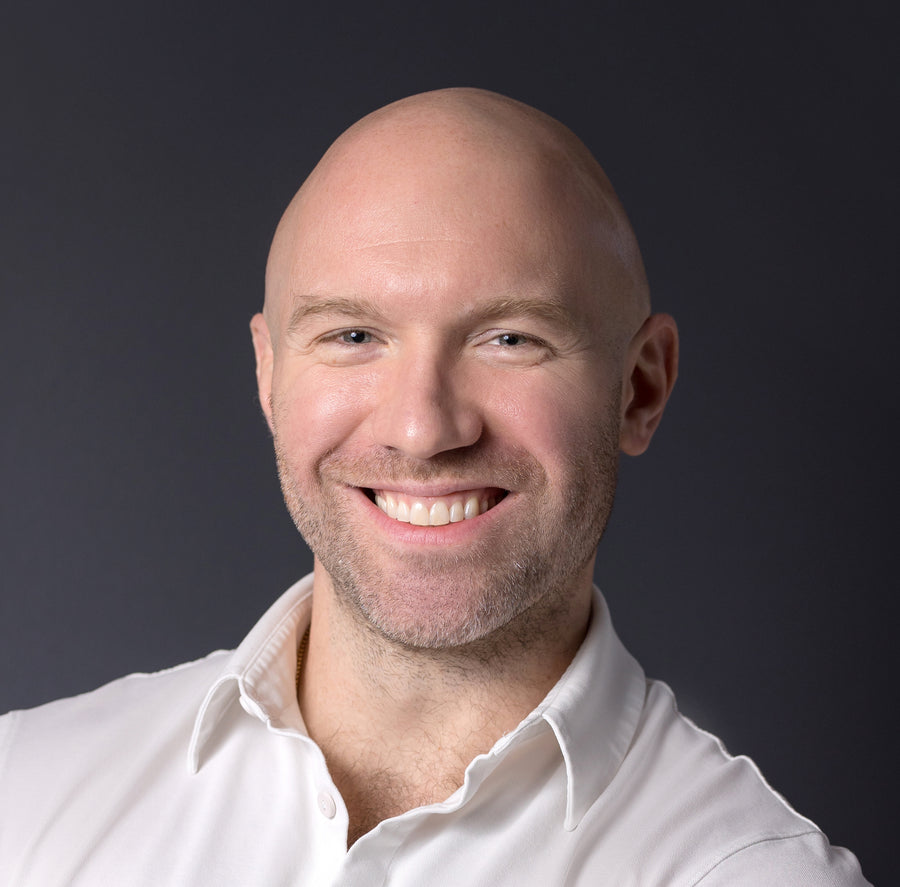Spinal Cord Rehabilitation is primarily driven by neuroplasticity. The first part of the wod, “neuro”, relates to the nervous system, specifically the nerves of the brain and spinal cord. “Plasticity” refers to the ability to be formed or changed. By combining these two concepts, neuroplasticity refers to the ability of the nervous system to reorganize its structures, functions, and connections in response to activity.
Neuroplasticity helps explain how neurological rehabilitation is effective. The brain can compensate for damage by forming new nerve connections and strengthening existing ones when stimulated by the right activity and learning. The longer the brain sits dormant before starting rehabilitation and the time between treatment sessions, the longer it takes for the brain to rewire and establish the needed connections for improved functioning. Rehabilitation at VanCity Physio at both our West Broadway and St.Paul’s clinics, utilizes the principles of neuroplasticity to aid the brain in optimal recovery following a neurological injury or condition.
There are 10 principles of neuroplasticity that the therapists at VanCity Physio utilize to maximize results.
- Use it or lose it - Every thought, action, movement, and skill have a specific set of neuronal connections in your brain. If you don't use these connections, they become weaker over time. Having frequent days of rest or inactivity will prolong your recovery and limit potential neuroplasticity. It is recommended to have consistent practice through in clinic treatments and home exercises 6 days a week.
- Use it and improve it – When you practice a specifically skill or activity, there is potential to strengthen the connections in your brain that are responsible for that area.
- Specificity - Your rehabilitation needs to be targeted to the specific areas of your brain based on the impairments identified in your assessment. Your therapist will design your individualized treatment plan with these specifics in mind.
- Repetition - Repetition of a learned skill or movement is required to make long term changes in the brain. Research has shown that up to 2000 repetitions for one joint (ie. elbow or knee etc) is required for neuroplasticity to take place and a functional improvement to occur.
- Intensity - Evidence has shown that therapy must be at an appropriate level of challenge for neuroplasticity to take place. Your therapist will assess where you're at and incorporate consistent progressions to ensure ongoing neuroplasticity and improving function over time. The more time you're able to commit to the program, the faster you will progress.
- Time – Different forms of change in the brain can happen at different times during rehabilitation. The time principle can help explain why you may have periods of faster improvement or times when it feels more challenging to progress. As well, it has been shown that initiating rehabilitation earlier in recovery can be beneficial in that it prevents bad habits or poor movement patterns from setting in.
- Salience – The rehabilitation is more effective if it is meaningful to the individual. This is where an individualized treatment plan comes into play. It’s important to let your therapist know what type of activities or hobbies you enjoy so that can be incorporated into your training.
- Age - As your brain ages, it may require extra practice or effort to make these changes. However, it is never too late to make changes through neuroplasticity!
- Transference - Research has shown that improving a skill of one area can transfer to other similar tasks. Transference is beneficial in that improvements made together in the clinic can translate to eased movement at home or in the community.
- Interference - Certain changes in your brain can result from learning a ‘bad habit’ or compensatory movement. Your therapist will help ensure that proper movement patterns are being reinforced to contribute to neuroplasticity.
We encourage you to contact us for more information and to book a session with one of our amazing physios by clicking here or calling 604.398.5584. Also, for more blogs, we encourage you to visit https://sci-can.ca/blog as they have a really good selection of blogs that touch on many topics that include not only physical rehabilitation, but also strategies that speak on lifestyle modifications, general education, and helpful strategies.
Book a consultation today: https://vancityphysio.janeapp.com/
Follow us on Instagram for more information: VanCity Physio (@vancityphysiotherapy)


